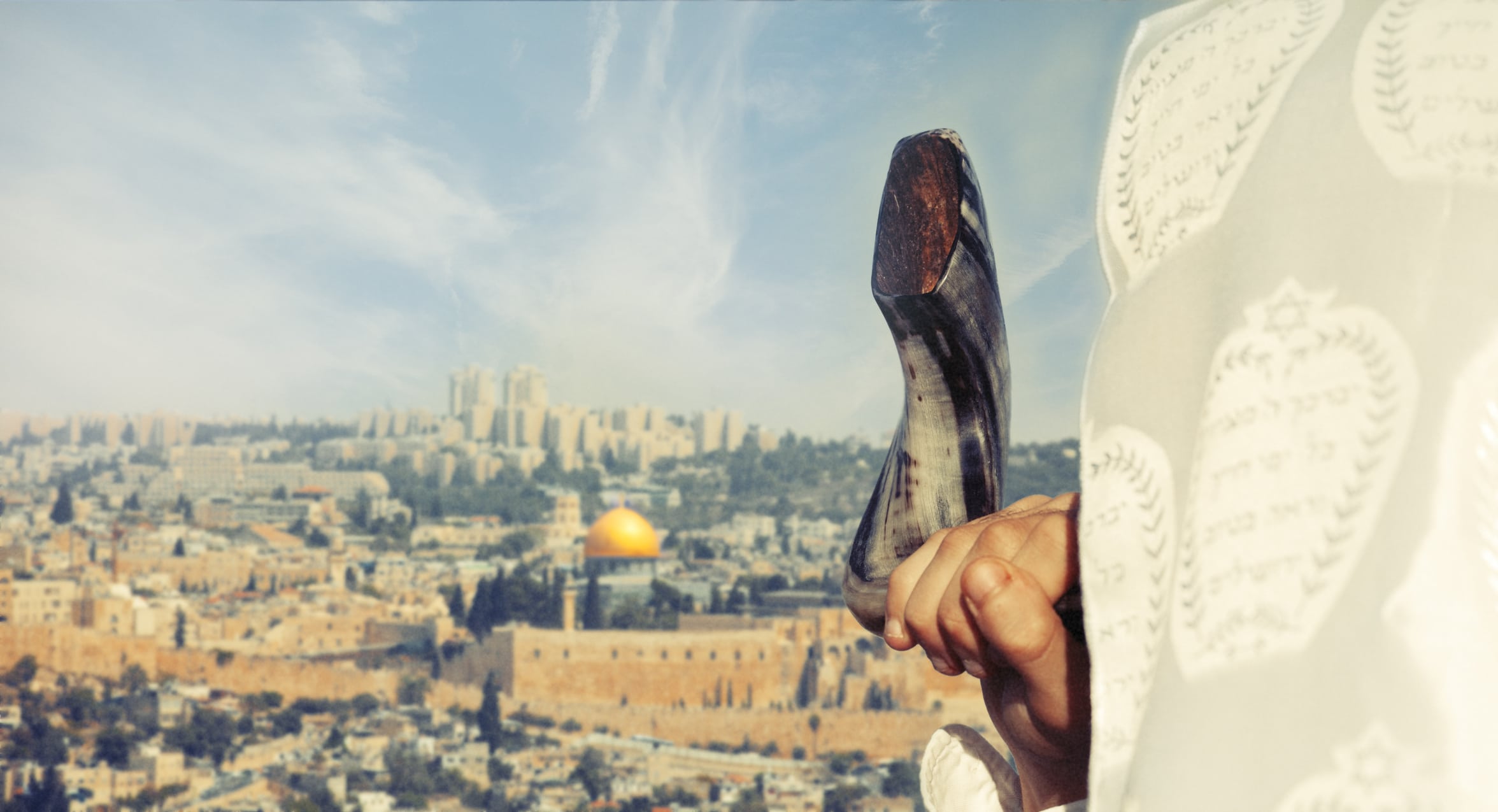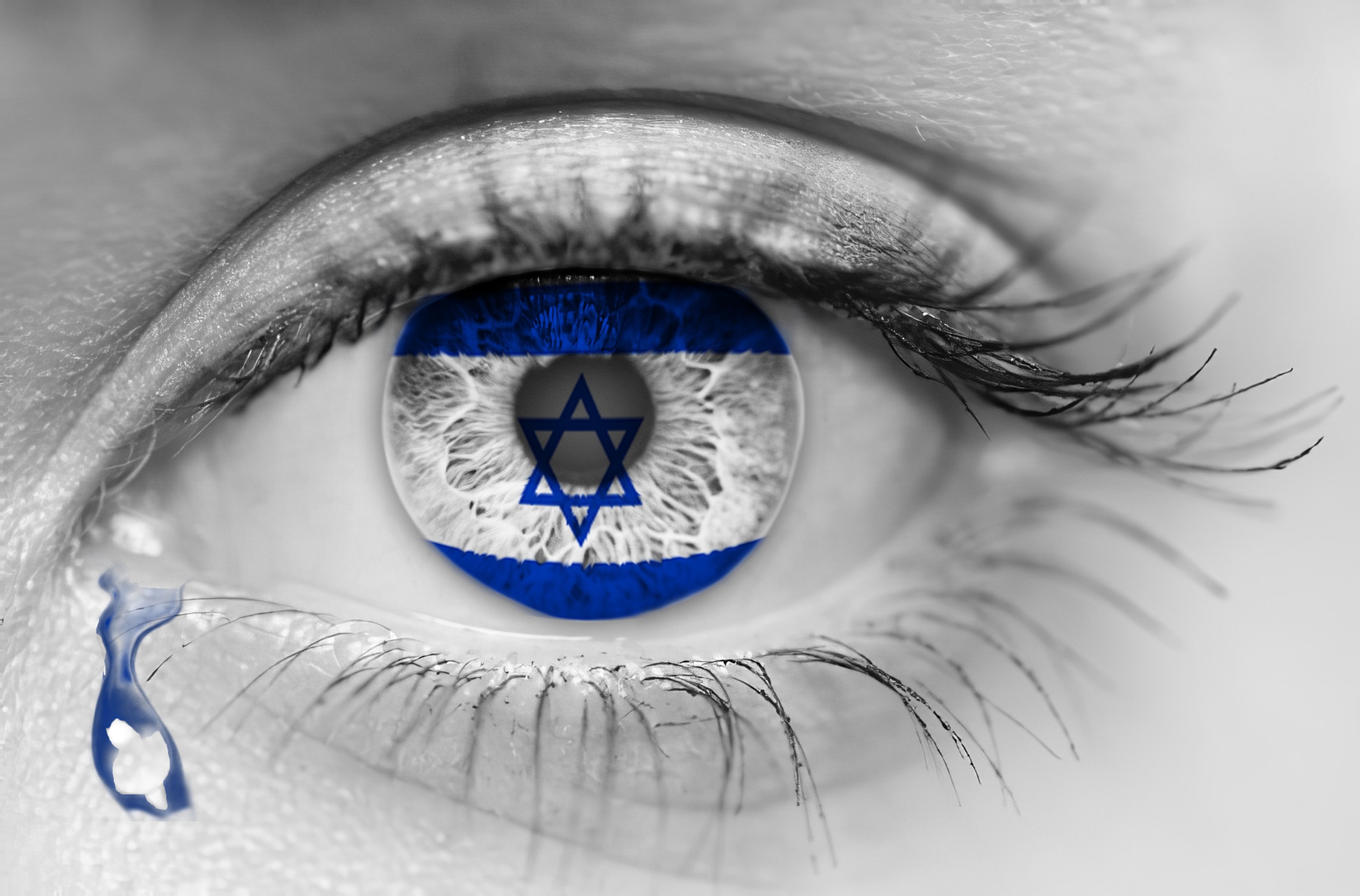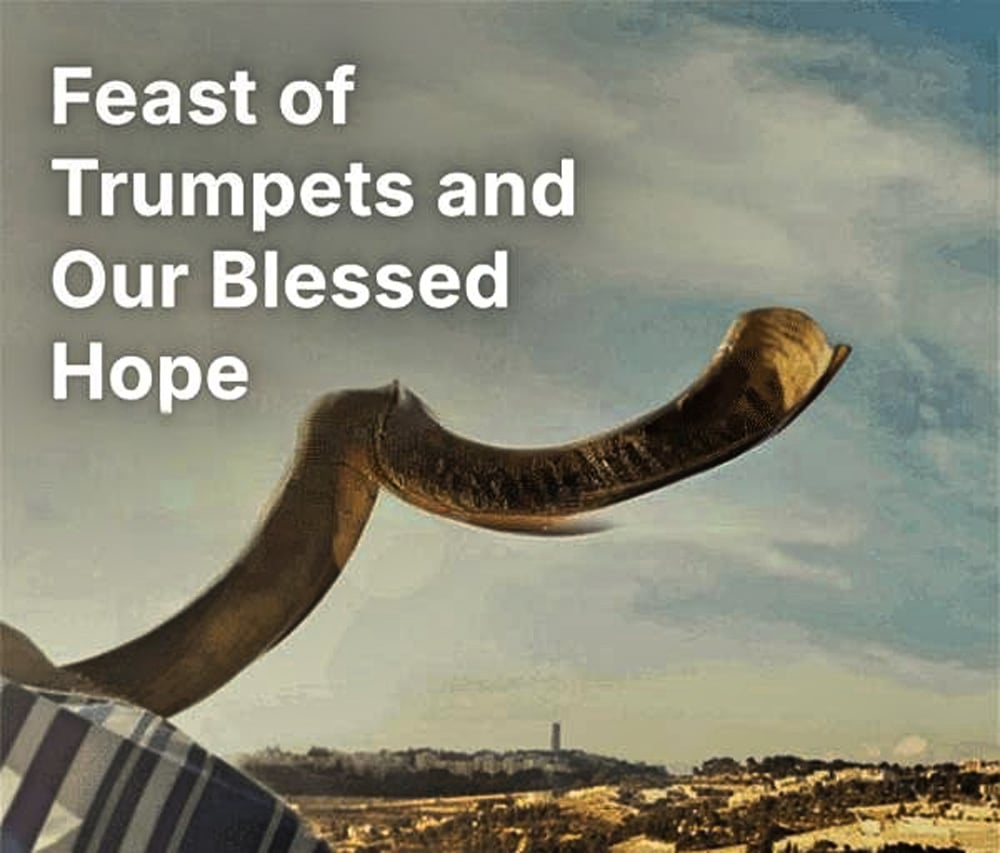Soldier On, Valiant Women!
By Christine Darg|2025-05-08T23:23:26+00:00May 8th, 2025|Categories: Articles, Articles|News|Tags: Bible prophecy, Christine Darg, End Times, eshet chayil, Jerusalem Channel, noble women, spiritual warfare, woman of valor, women of the bible|0 Comments








Leave A Comment